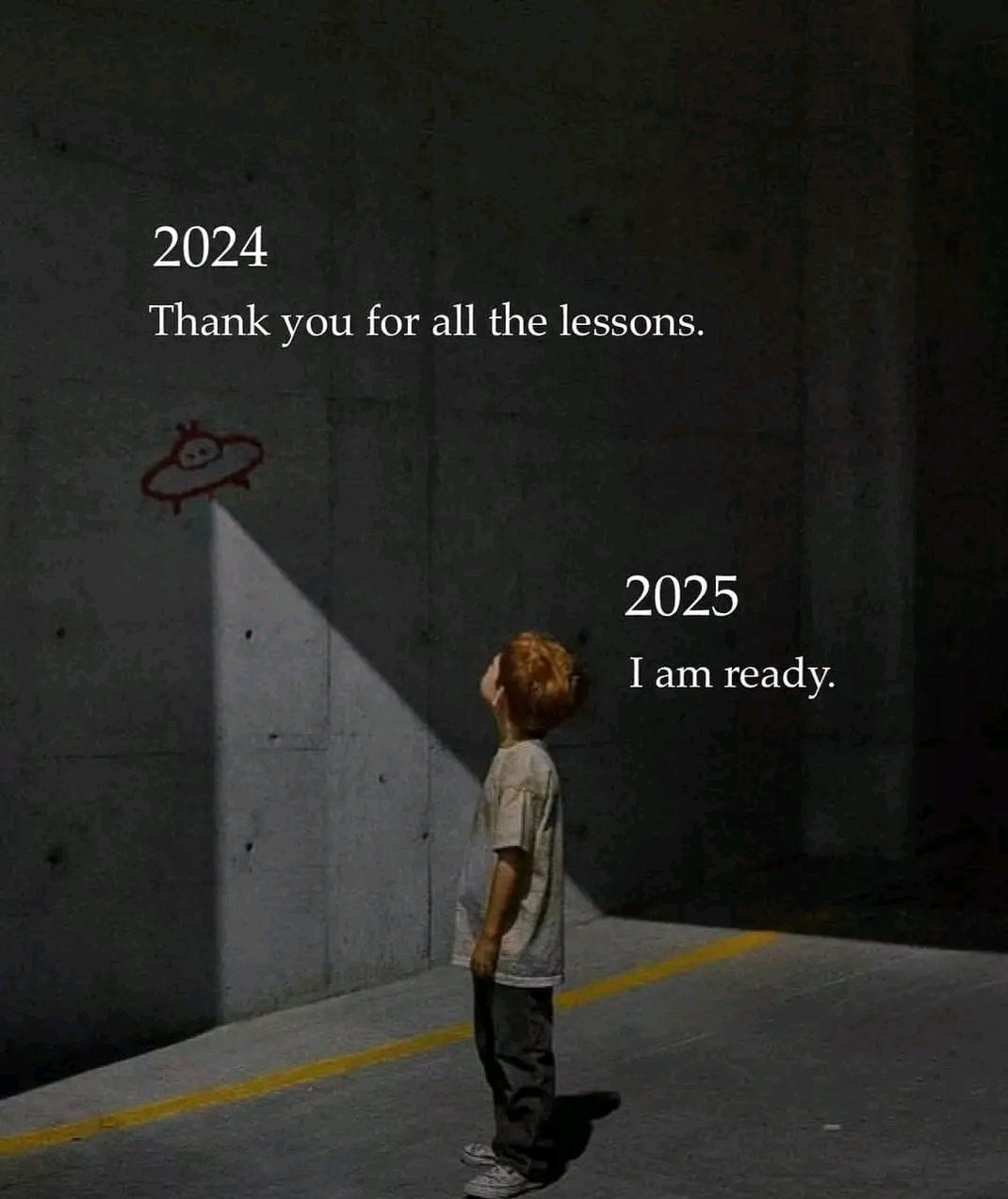
Tiny Thoughts
*
Short-term results come from intensity.
Long-term results come from consistency.
**
Your calendar is the most honest autobiography you'll ever write.
It doesn't matter what you say your priorities are; your calendar reveals the truth. Each block is a decision about what matters, stripped of pretense and rationalization.
Your calendar isn't just recording your time—it's exposing your lies.
***
The greats don't wait.
Every major innovation started with someone doing something small. YouTube began with a few friends posting grainy videos. Amazon started by selling books from a garage. Google began as a grad school project.
What separates dreamers from doers isn't talent or luck—it's the willingness to start before feeling ready. The perfect moment is a myth. The right time is now.
But here's the key: Start small and learn fast. Your first move doesn't need to be perfect; it just needs to teach you something. Focus more on the next small step that moves you closer to the goal.
Motion creates momentum, and momentum reveals opportunities that standing still never could.
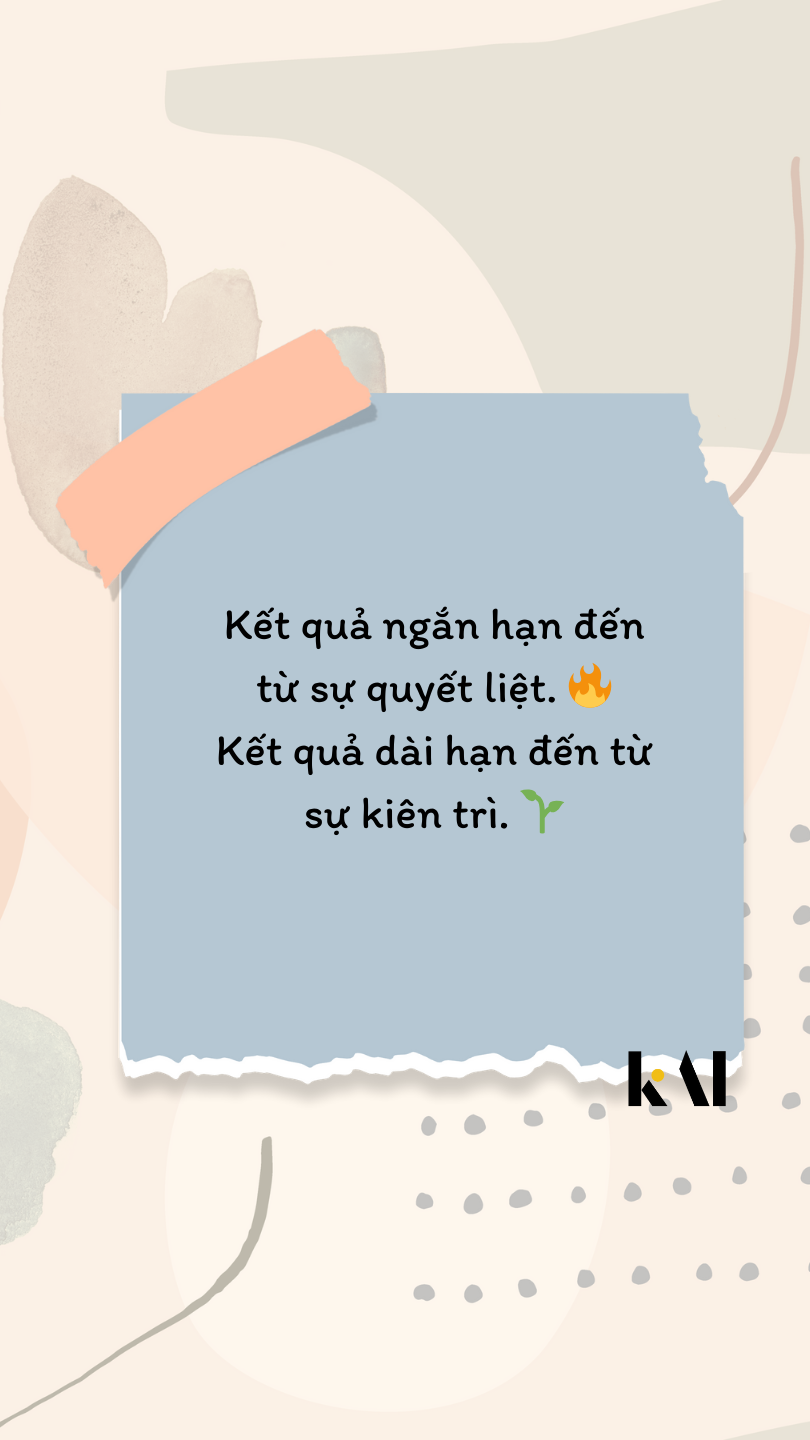

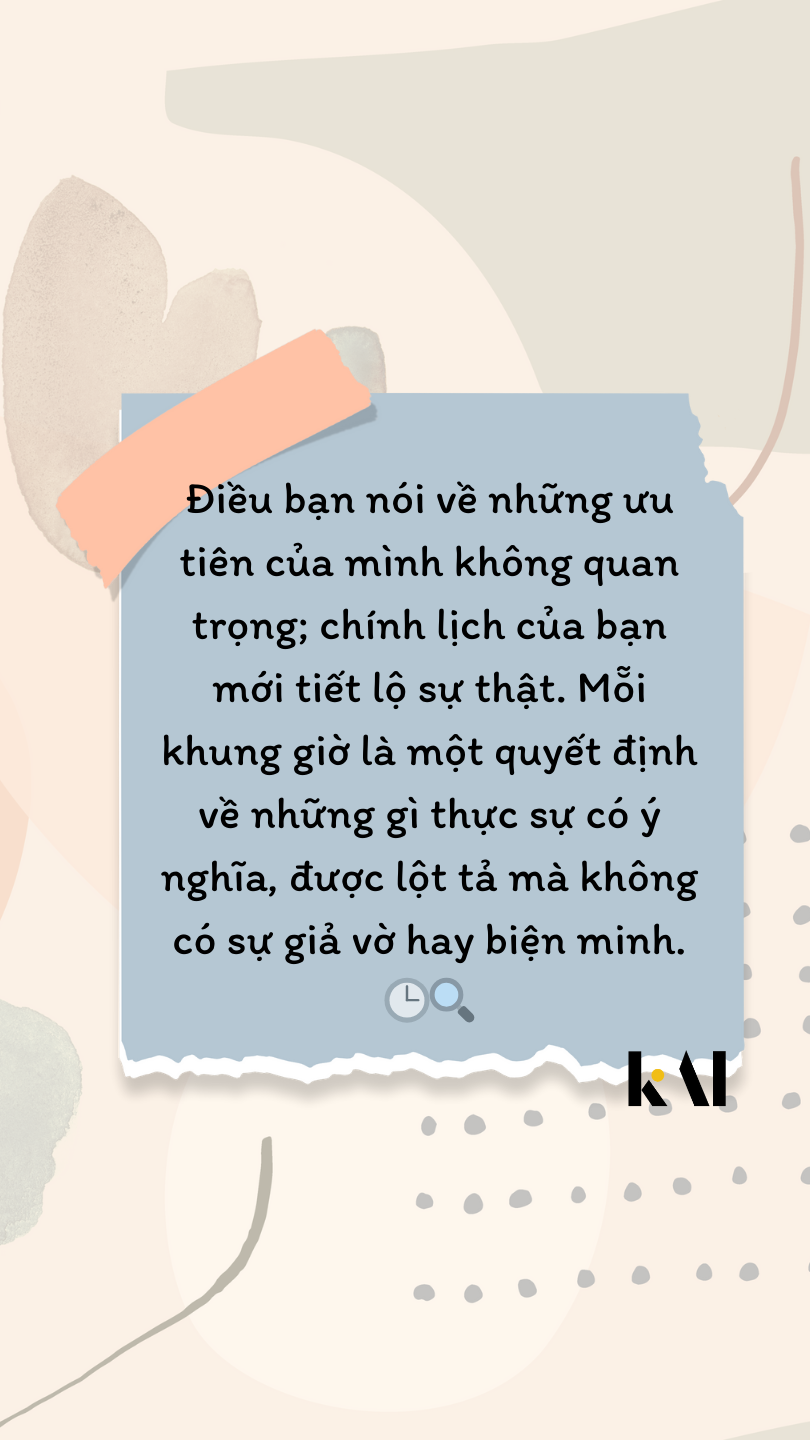
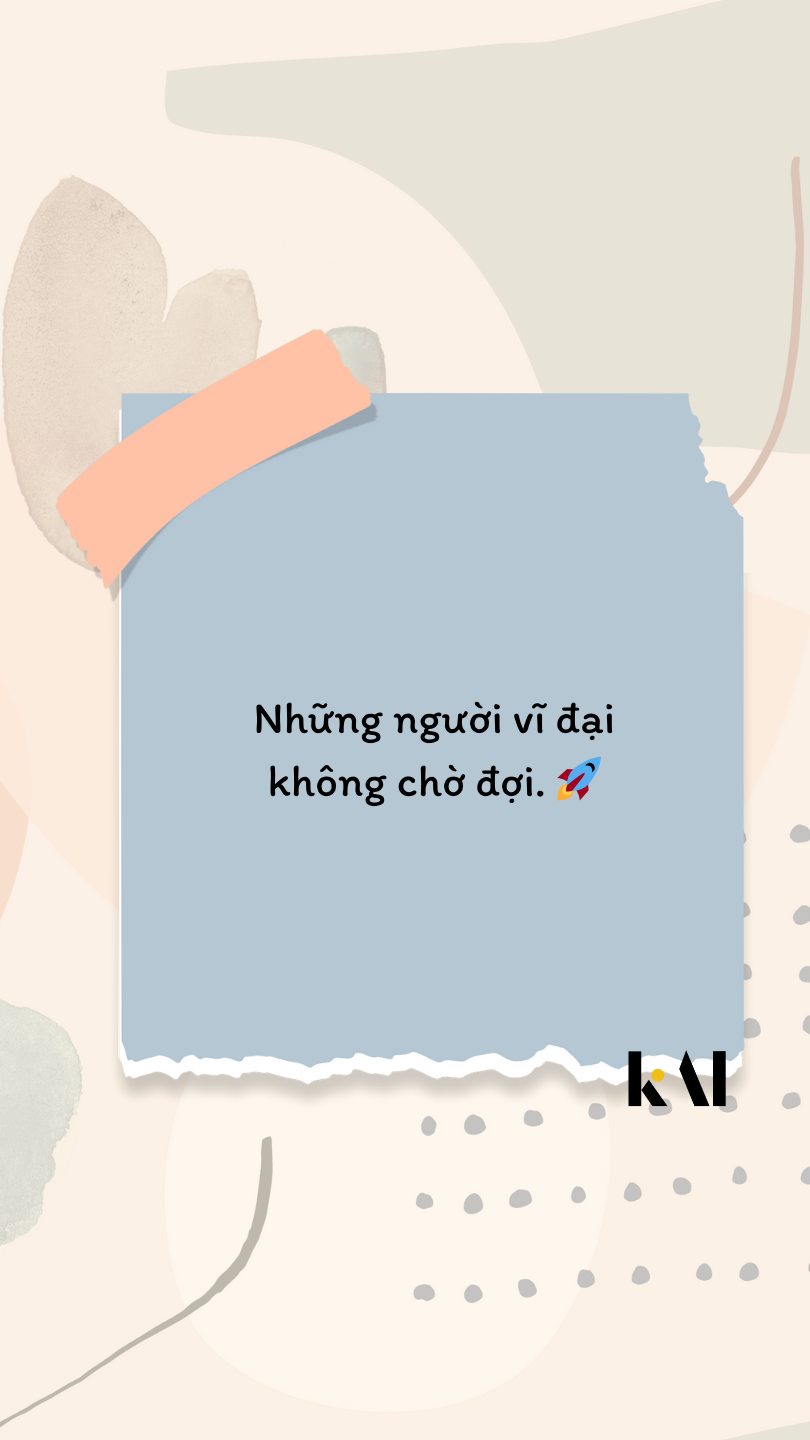
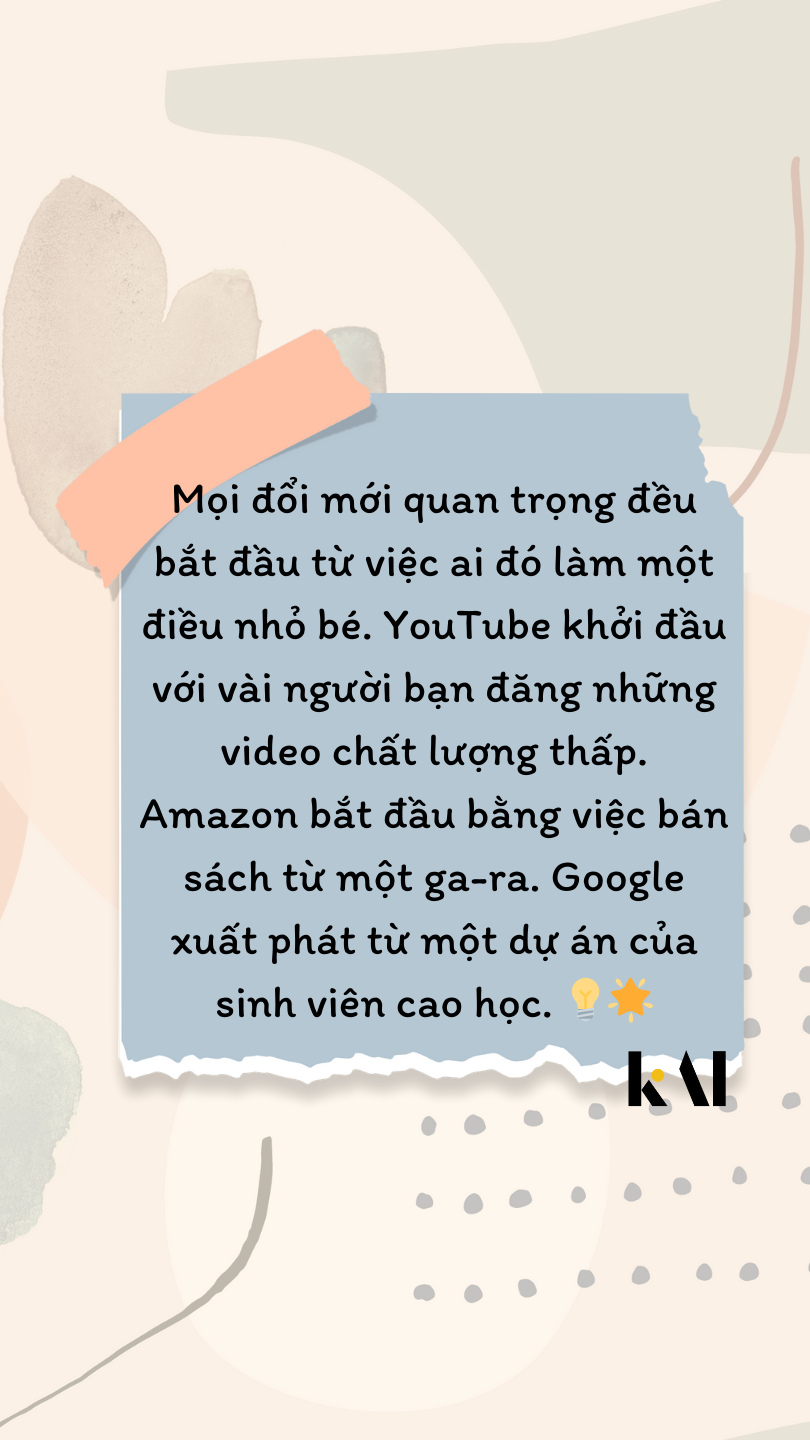
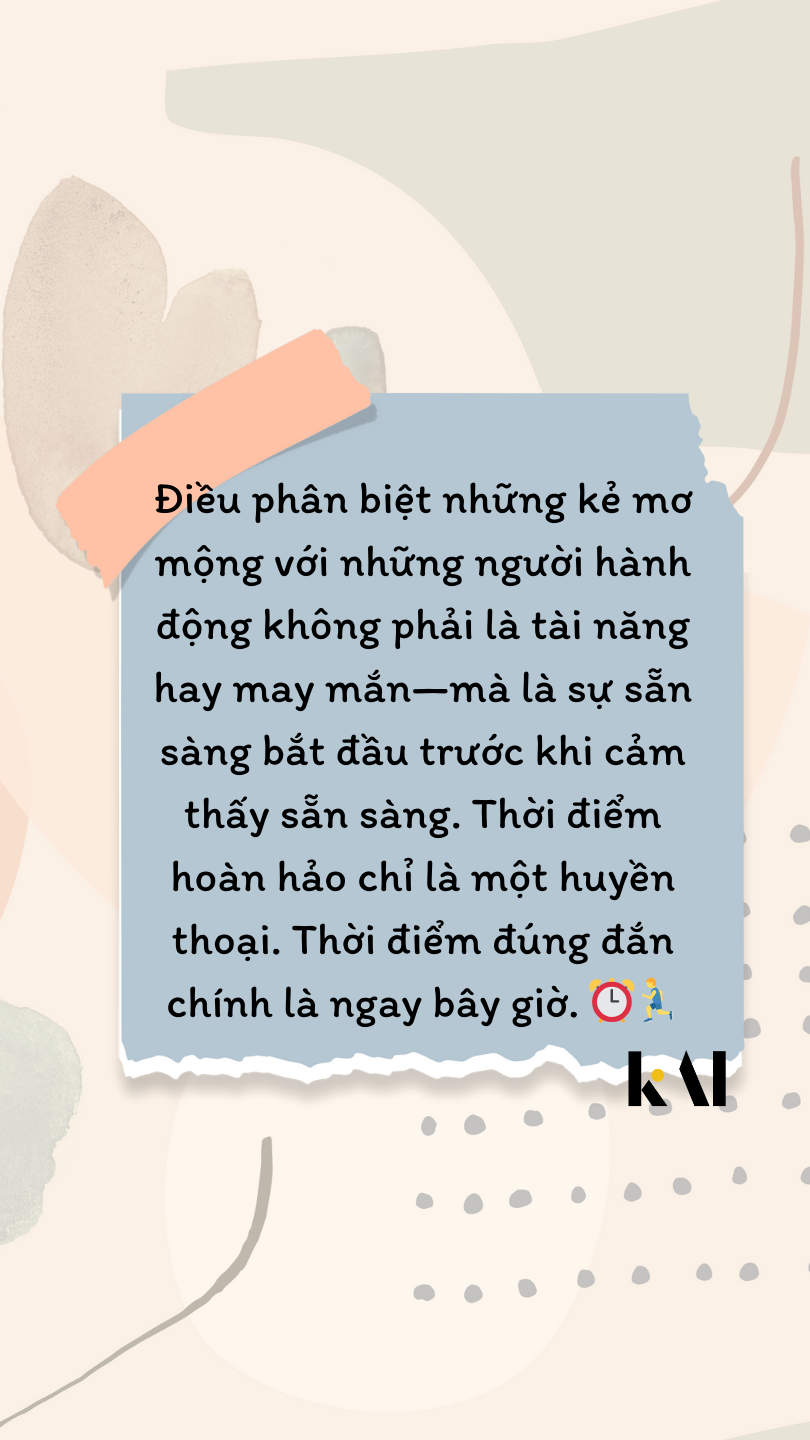
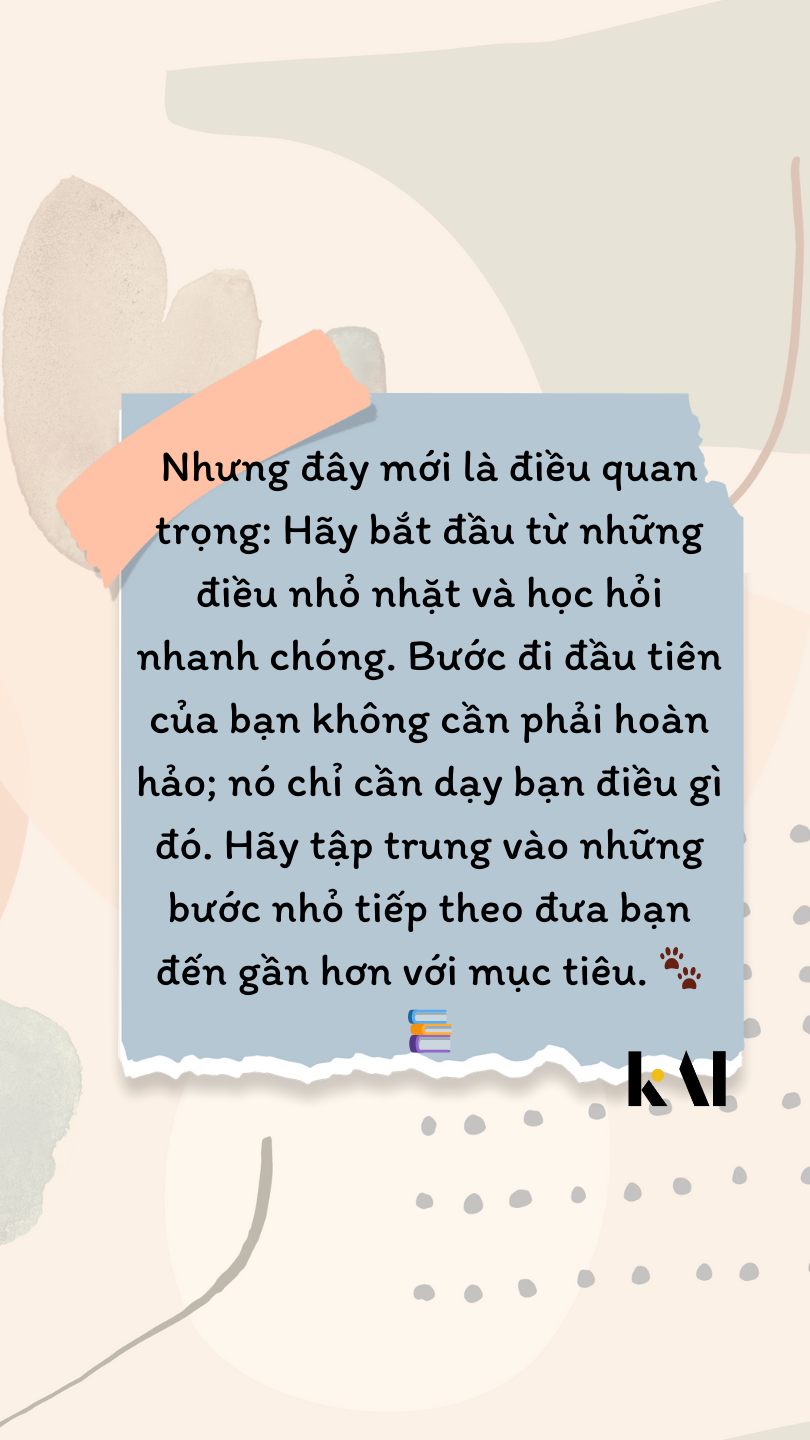
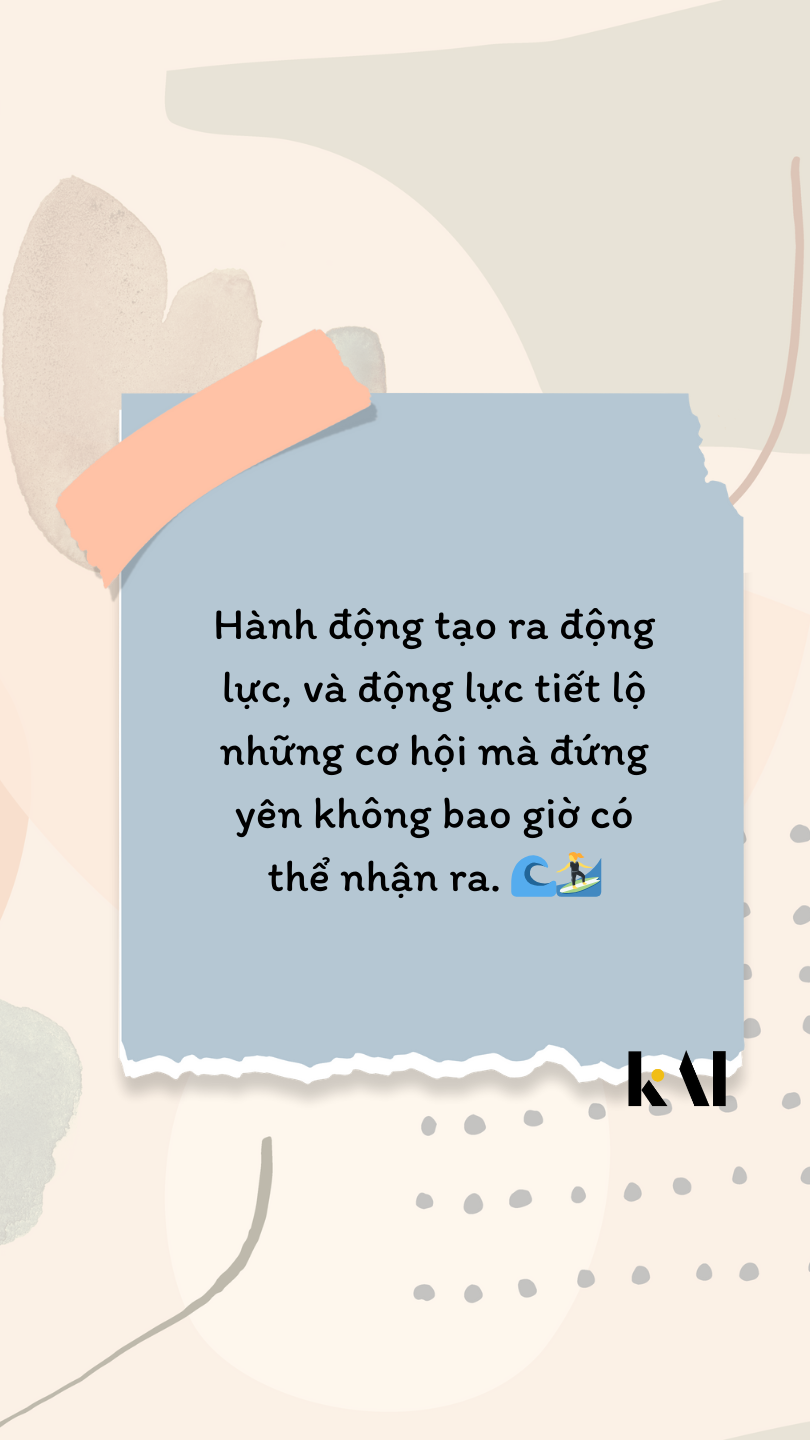
Insights
*
David Ogilvy on the satisfying pursuit of excellence:
“I have no ambition to preside over a vast bureaucracy. That is why we have only nineteen clients. The pursuit of excellence is less profitable than the pursuit of bigness, but it can be more satisfying.”
**
Napoleon Hill on not doing what the majority of people do when faced with temporary defeat:
“Before success comes in any person's life, he is sure to meet with much temporary defeat, and, perhaps, some failure. When defeat overtakes a person, the easiest and most logical thing to do is to quit. That is exactly what the majority of people do.”
***
Estee Lauder on learning to trust yourself:
“I began to value myself so much more, trust my instincts, trust my uniqueness. Trusting oneself does not always come naturally. If learned when young, the practice sticks. Today, there is no one who can intimidate me because of title or skill or fame. I do what's right for me.”
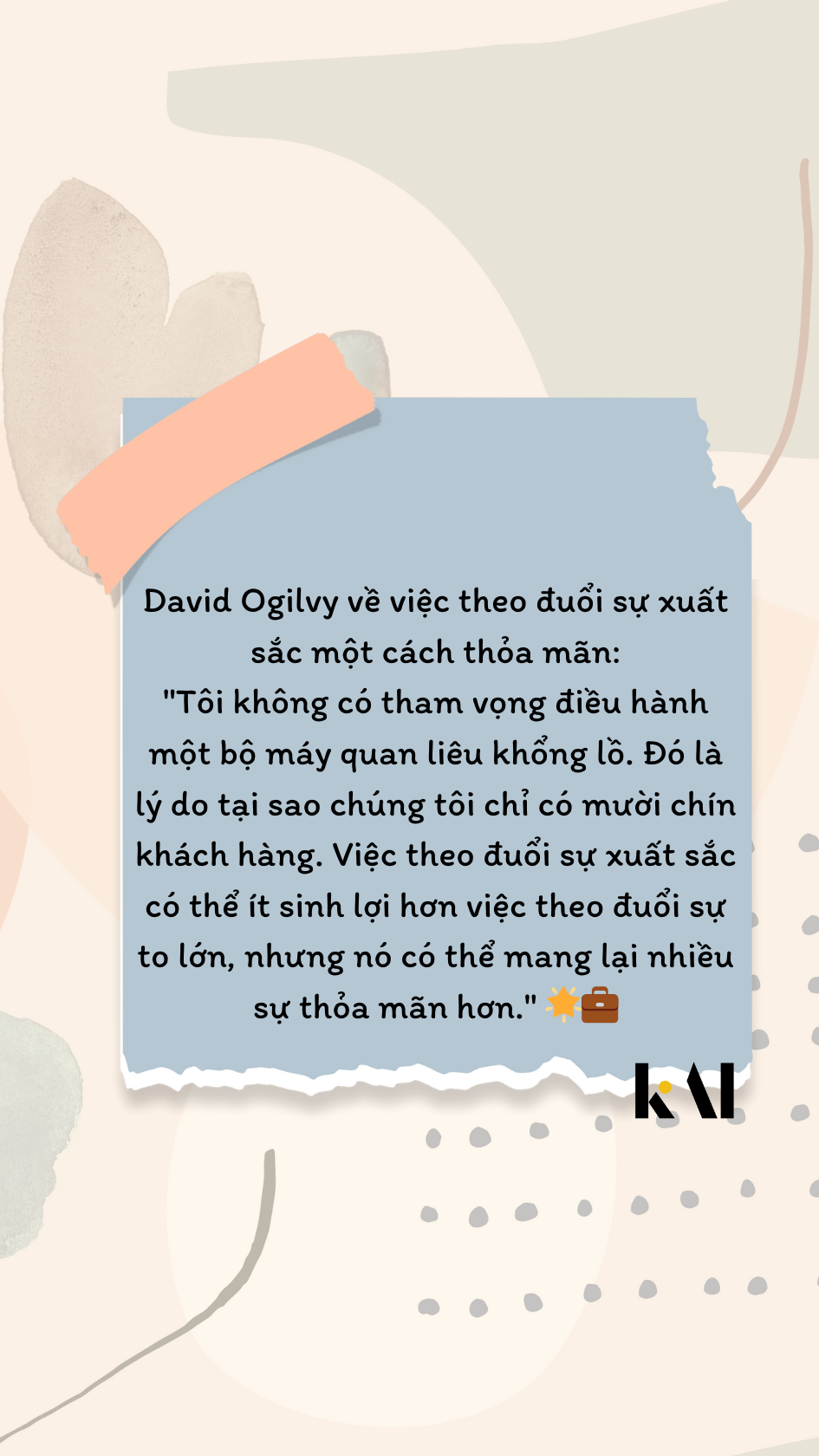
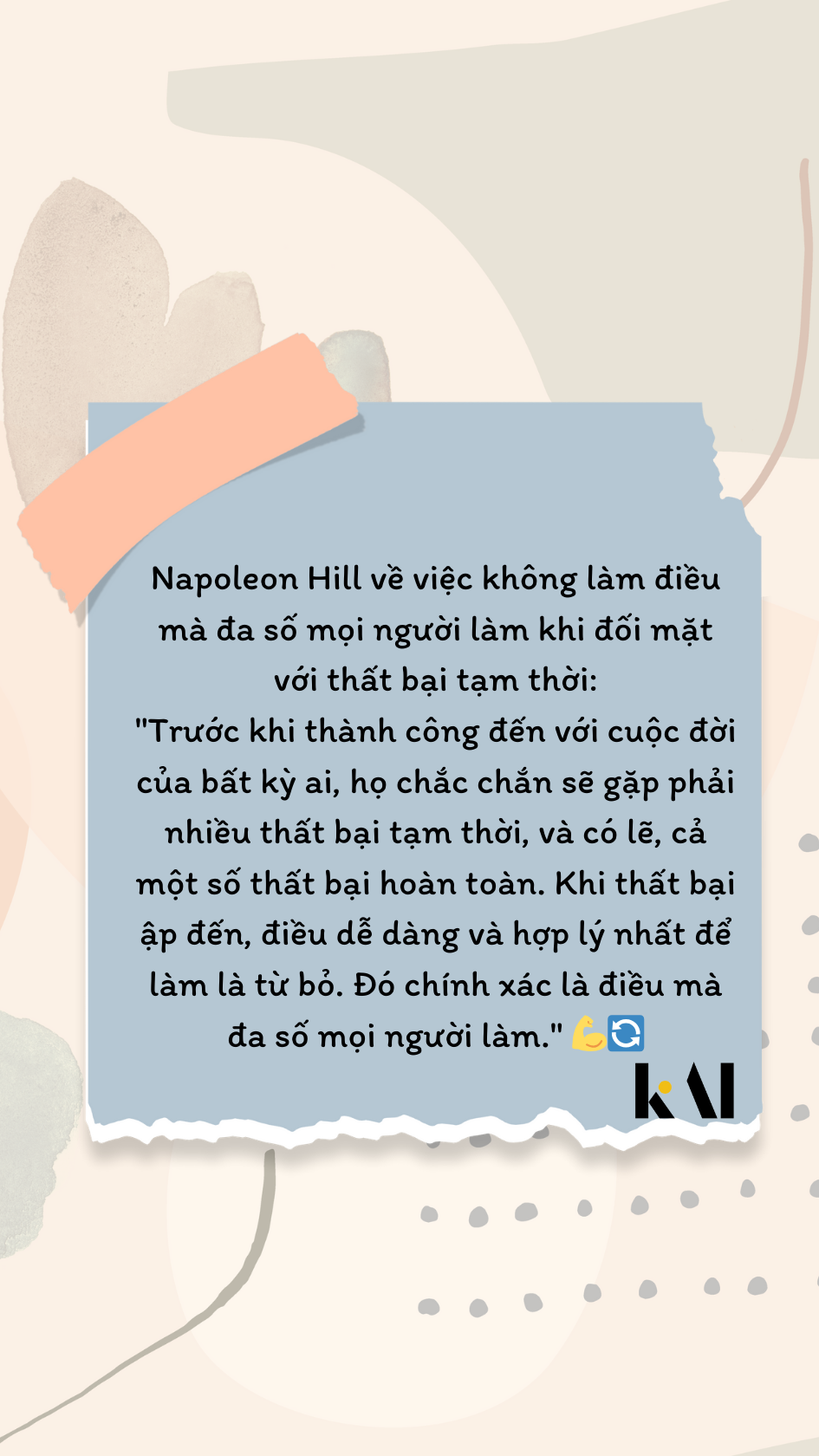
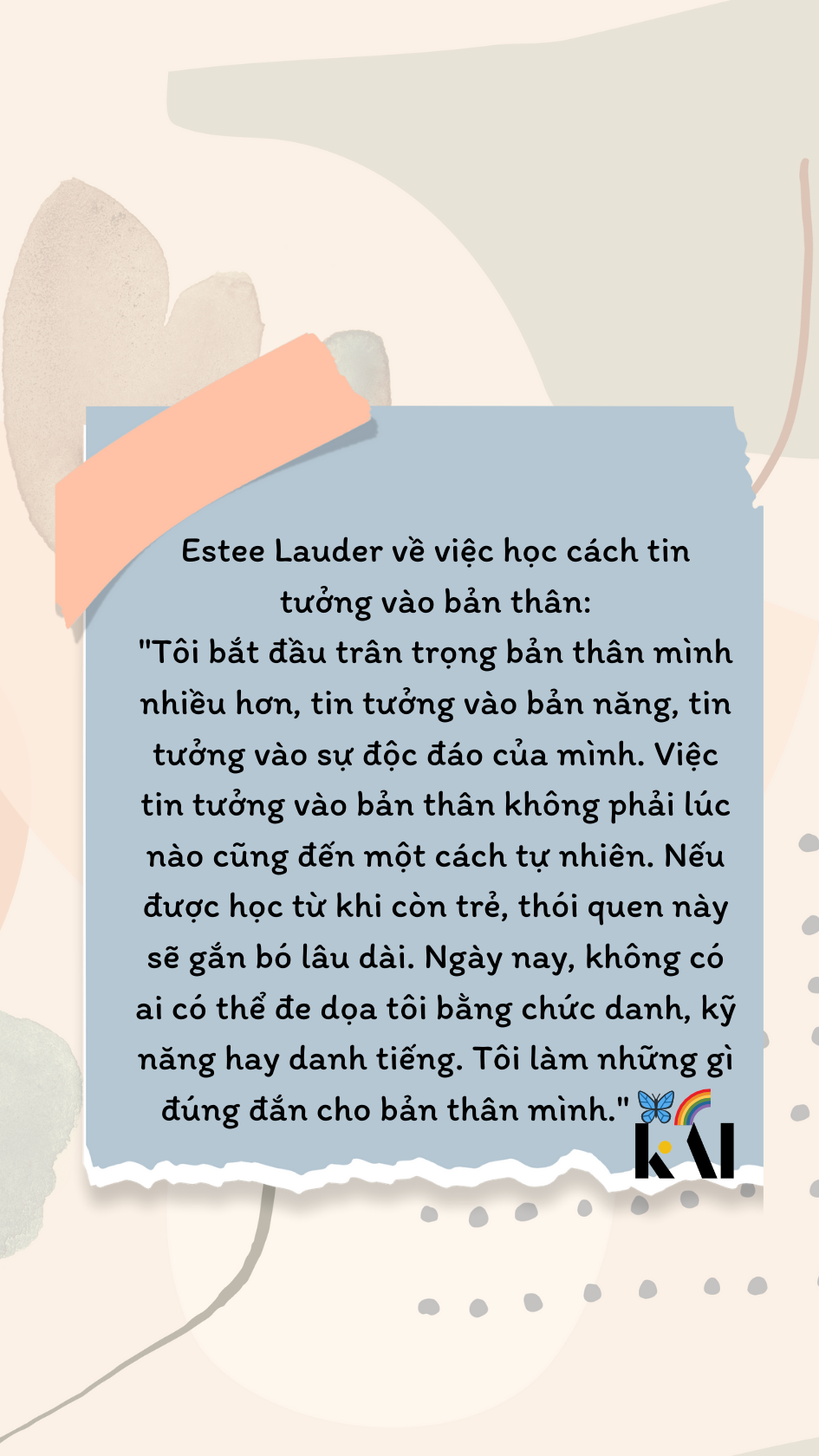
Mental Model of the Week
V4 | Economics | Optimization
Optimization is about making the most of what you have. It’s like cleverly solving a puzzle, finding a trick to skip steps and get to the answer faster.
In a world of scarcity, optimization is powerful. It allows us to make the most of our limited resources, whether that’s time, money, or energy. But like any tool, it’s only as good as the hand that wields it. Used wisely, optimization unlocks hidden potential and drives extraordinary results. Used poorly, it leads to wasted effort and missed opportunities.
Optimization often works for you until it doesn’t. It’s like the student who writes the answer but doesn’t show their work. Knowing when to use it, when to let it go, and when to avoid it, gives you a key advantage.
Insights
*
David Ogilvy on the satisfying pursuit of excellence:
“I have no ambition to preside over a vast bureaucracy. That is why we have only nineteen clients. The pursuit of excellence is less profitable than the pursuit of bigness, but it can be more satisfying.”
**
Napoleon Hill on not doing what the majority of people do when faced with temporary defeat:
“Before success comes in any person's life, he is sure to meet with much temporary defeat, and, perhaps, some failure. When defeat overtakes a person, the easiest and most logical thing to do is to quit. That is exactly what the majority of people do.”
***
Estee Lauder on learning to trust yourself:
“I began to value myself so much more, trust my instincts, trust my uniqueness. Trusting oneself does not always come naturally. If learned when young, the practice sticks. Today, there is no one who can intimidate me because of title or skill or fame. I do what's right for me.”
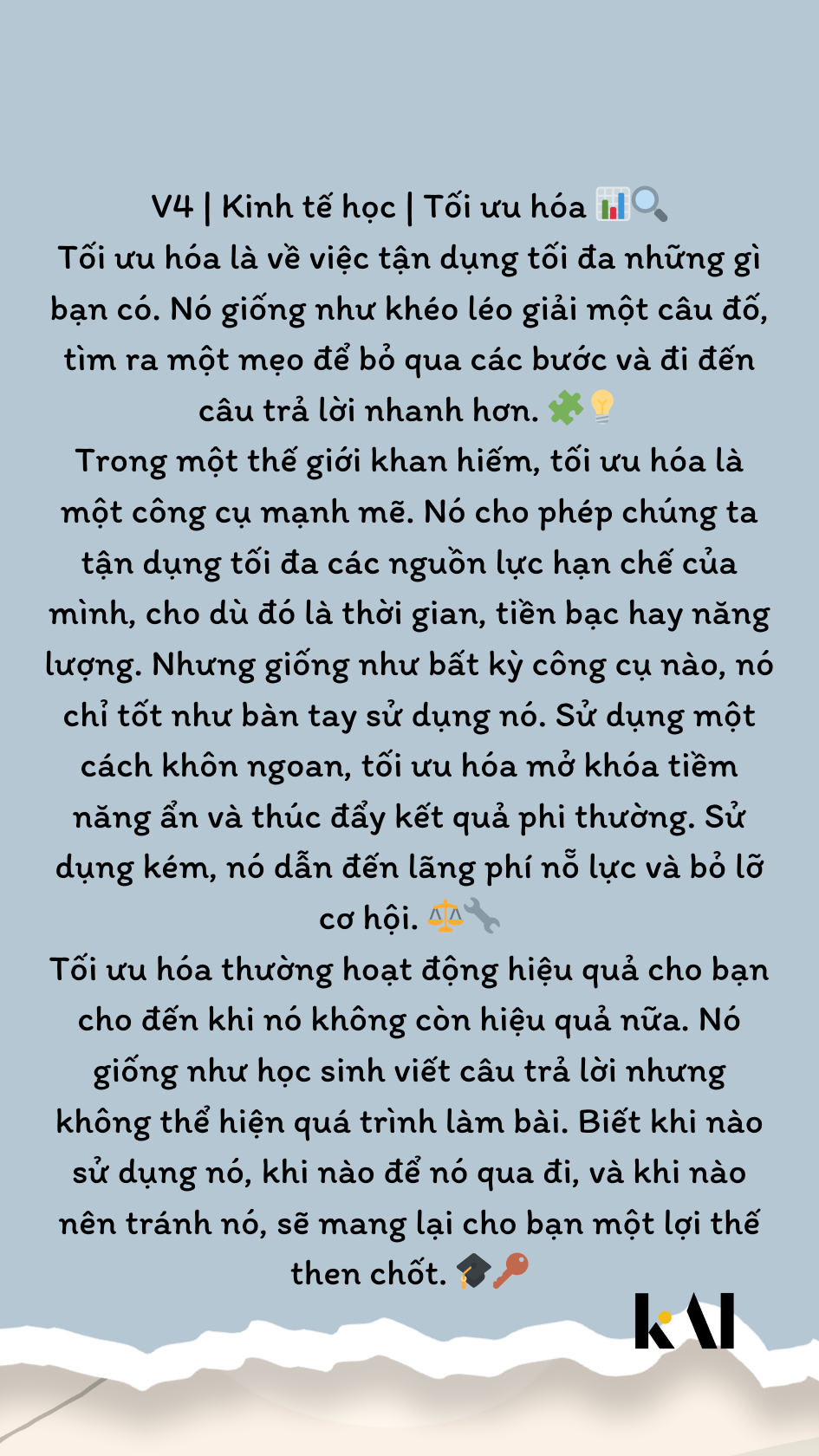
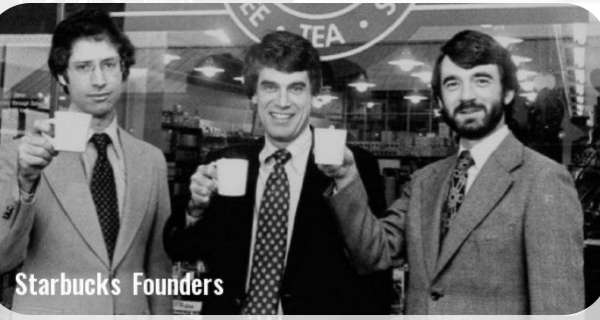
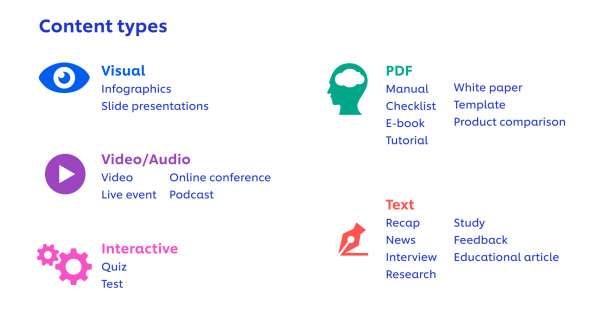
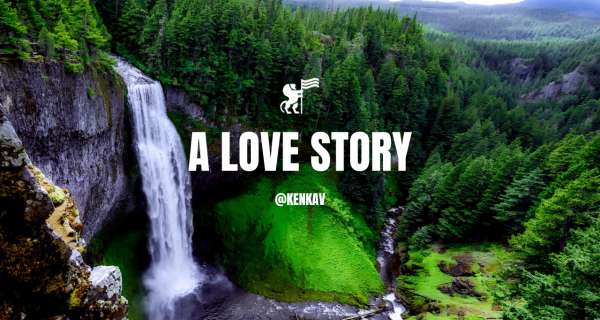









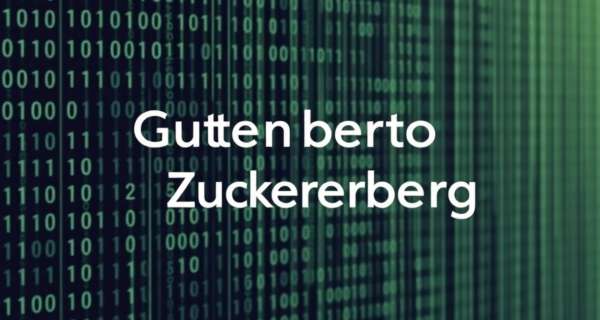
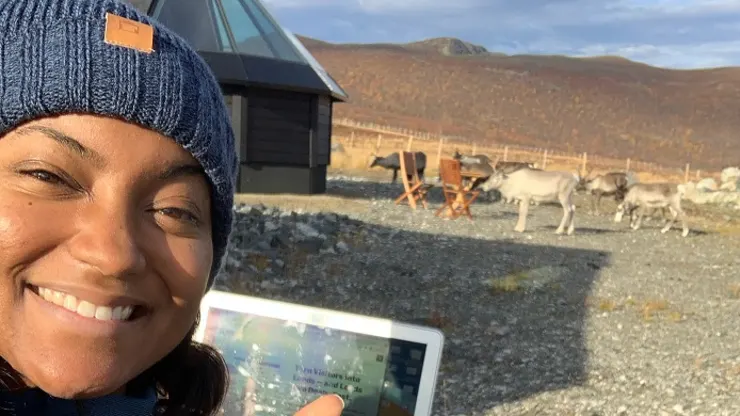
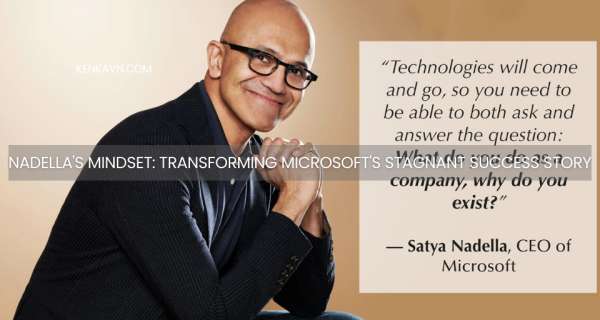
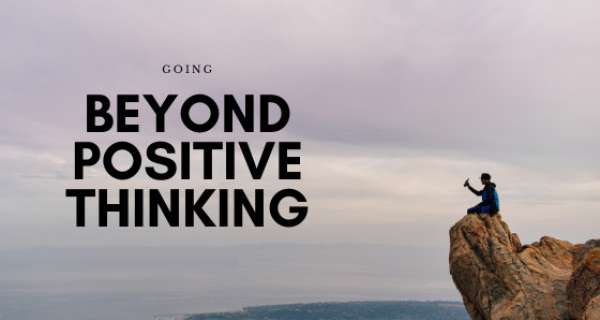
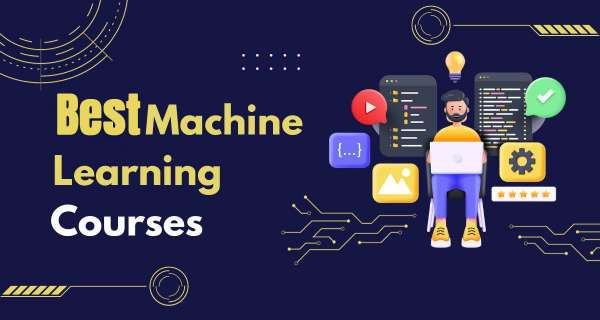

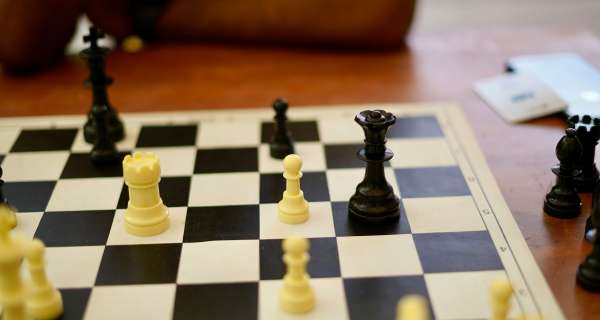


0 Comments